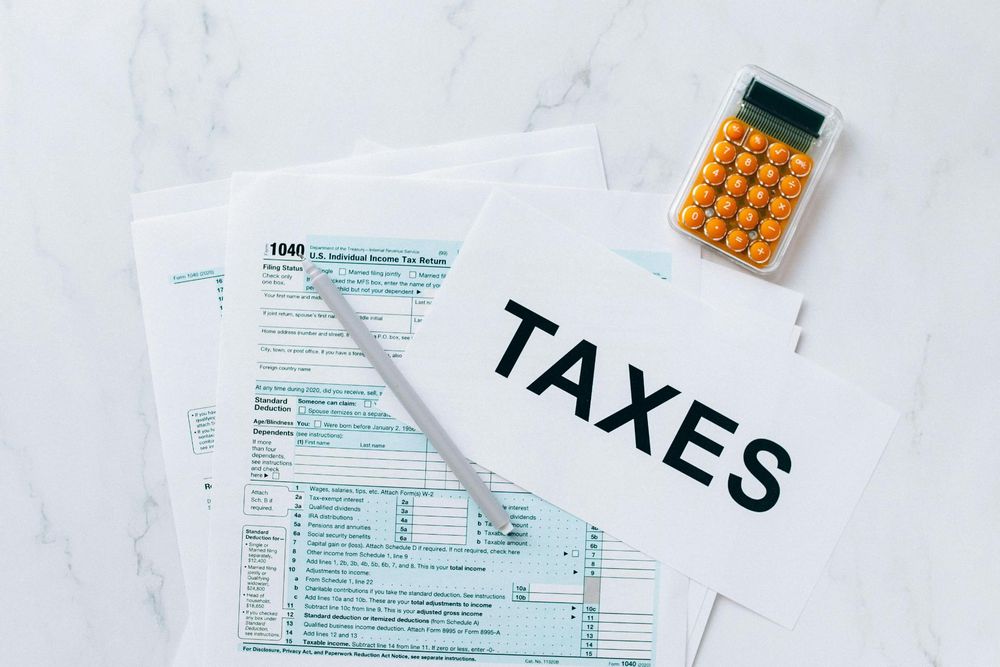Property taxes in South Africa can be complex, but understanding them is essential for homeowners, investors, and real estate professionals. This article aims to provide a comprehensive, professional, and easy-to-understand overview of property taxes in South Africa.
1. What are Property Taxes?
Property taxes are levied by local municipalities on the value of real estate properties, including land and buildings. These taxes fund various public services such as road maintenance, public schools, and emergency services.
2. Types of Property Taxes
There are several types of property taxes that homeowners and investors in South Africa need to be aware of:
Municipal Property Rates: These are annual taxes levied by local municipalities based on the market value of the property. The rates can vary depending on the location and the services provided by the municipality.
Transfer Duty: This is a tax payable when property is transferred from one person to another. The duty is based on the purchase price and must be paid before the property is registered in the new owner's name.
Capital Gains Tax (CGT): This tax applies when a property is sold for a profit. The tax is calculated on the difference between the selling price and the original purchase price, adjusted for inflation and certain costs.
Value-Added Tax (VAT): VAT may be applicable in certain property transactions, particularly involving commercial properties and new developments.
3. How are Property Taxes Calculated?
Municipal Property Rates: The amount payable is calculated by multiplying the municipal rate (cents per Rand) by the market value of the property. The market value is determined by a municipal valuation process.
Example:
If the municipal rate is 1 cent per Rand and the property is valued at R1,000,000:
Property Tax = 0.01 × 1,000,000 = 10,000 per year
Property Tax = 0.01 × 1,000,000 = R10,000 per year
Transfer Duty: The South African Revenue Service (SARS) provides a sliding scale for calculating transfer duty. For example, as of the 2023/2024 financial year:
Properties valued up to R1,100,000 are exempt.
Properties valued between R1,100,001 and R1,512,500: 3 % of the value above R1,100,000.
Properties valued between R1,512,501 and R2,117,500: R12,375 + 6 % of the value above R1,512,500.
And so on.
Example:
For a property valued at R2,000,000:
Transfer Duty = 12,375 + 6 % × ( 2,000,000 − 1,512,500 ) = 12,375 + 6 % × 487,500 = 12,375 + 29,250 = 41,625
Transfer Duty = R12,375 + 6 % × ( 2,000,000 − 1,512,500 ) = R 12,375 + 6 % × 487,500 = R 12,375 + R 29,250 = R 41,625
4. Payment and Deadlines
Municipal Property Rates: These are typically billed monthly or annually by the municipality. Homeowners must ensure timely payment to avoid penalties and interest.
Transfer Duty: This must be paid within six months of the date of acquisition. Failure to do so results in penalties and interest.
Capital Gains Tax (CGT): This is declared and paid as part of the annual income tax return. The tax year runs from March 1 to February 28/29 of the following year.
5. Exemptions and Rebates
Certain exemptions and rebates may apply, such as:
Primary Residence Exclusion: For CGT, the first R2 million of gain on the sale of a primary residence is exempt.
Rebates for Pensioners: Some municipalities offer rebates on property rates for pensioners or low-income homeowners.
Agricultural Properties: Special rates may apply to properties used for agricultural purposes.
6. How to Minimize Property Tax Liability
Accurate Valuation: Ensure that the property's municipal valuation is accurate. If overvalued, homeowners can appeal the valuation.
Utilize Exemptions: Make full use of available exemptions and rebates.
Professional Advice: Consult with tax advisors and property professionals to optimize tax planning and compliance.
7. Conclusion
Understanding property taxes in South Africa is crucial for effective financial planning and compliance. By staying informed about the types of property taxes, calculation methods, payment deadlines, and available exemptions, property owners can ensure they meet their obligations while minimizing their tax liability. For specific advice tailored to individual circumstances, it is always best to consult with a professional tax advisor or real estate expert.
By following these guidelines, homeowners and investors can navigate the complexities of property taxes with confidence and make informed decisions regarding their real estate investments.








